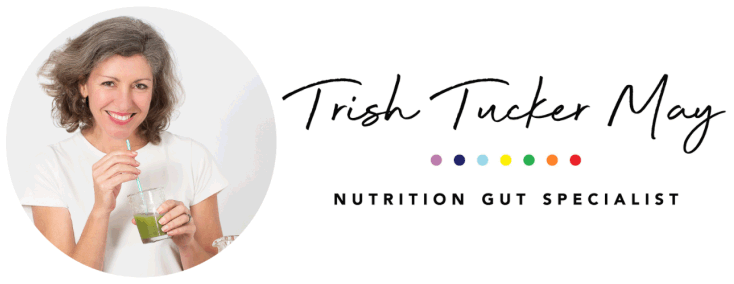One of the best foods to help balance hormones – Flax seed.
If you are looking to improve your diet and adopt a healthier lifestyle for a happier you, switch your diet to include healthy fats instead of carbs for better, balanced hormones. These include foods that are high short, medium, and long-chain fatty acids, which are essential in managing your hormones, keeping your inflammation levels low, boosting metabolism, and supporting weight loss.
One simple way of realizing our goals of taking better care of our minds and bodies is the addition of a small, shiny seed into our meals.
Flaxseed, also known as linseed, can help you lead a healthier life. It has been shown to improve blood sugar levels in diabetics and reduce cholesterol. It is considered a superfood because of its high dietary fiber and omega 3 fatty acids.
Flaxseed is also a great source of lignans, a form of phytonutrients that offer potent anti-inflammatory and antioxidant characteristics.
Flaxseeds are versatile and easy to use. Incorporating flax into your meals is a very low maintenance way of reaping exponentially more benefits. Flaxseed contains a wide array of minerals, healthy fats, and vitamin B that can help promote healthier hair and skin, resolving issues of redness and flaky skin and reducing acne, eczema, and rosacea. Flaxseed oil is also a great moisturizer.
Researchers have also found that the lignans present in flaxseed may help reduce the risks of breast, ovarian, and endometrial cancers.
Flax seeds improve metabolism by acting like natural gum. Flaxseed is rich in mucilage gum, which assists in nutrient absorption. It helps by keeping food in the stomach for longer periods of time, allowing for maximum nutrient absorption. The mucilage gum is water-soluble, which also enables better removal of toxins and waste and soothes the stomach lining.
The lignans do not stop there. They can help regulate female hormones in the bloodstreams, act as phytoestrogens, and provide antioxidants. This regulatory effect on the female hormones is helpful because it presents a natural alternative to hormone replacement therapy, reduces the risks of osteoporosis, and helps regulate menstruation cycles.
Flax seeds do not only improve life by improving your health, but they serve as healthy substitutes for cooking and baking. Ground flax is a good way to substitute flours that contain gluten. This is particularly beneficial for those who are afflicted by celiac disease or those who may be sensitive to gluten. Flaxseed is a multipurpose ingredient that serves as a powerhouse for better health.
Have a fabulous summer. I am taking some time off to be with my family.
We have a busy summer planned. A mix of yoga, surfing and festivals.
See you at World Yoga Festival, Beautiful Days or Greenbelt Festival.
If you would like to book a call
Clinic is open the following days in August.
12th, 15th, 16th
Let me know if you would like to book a session for these days.
Also, be sure to connect in the FB group as I will keep an eye on any questions and continue to support our growing FB community.
If you would like to learn more about my 8-week Time To Nourish packages email me here trish@trishtuckermay.com The next group programme will be commencing mid-September.
Kind regards
Trish











 What are adrenal glands and where are they located?
What are adrenal glands and where are they located?